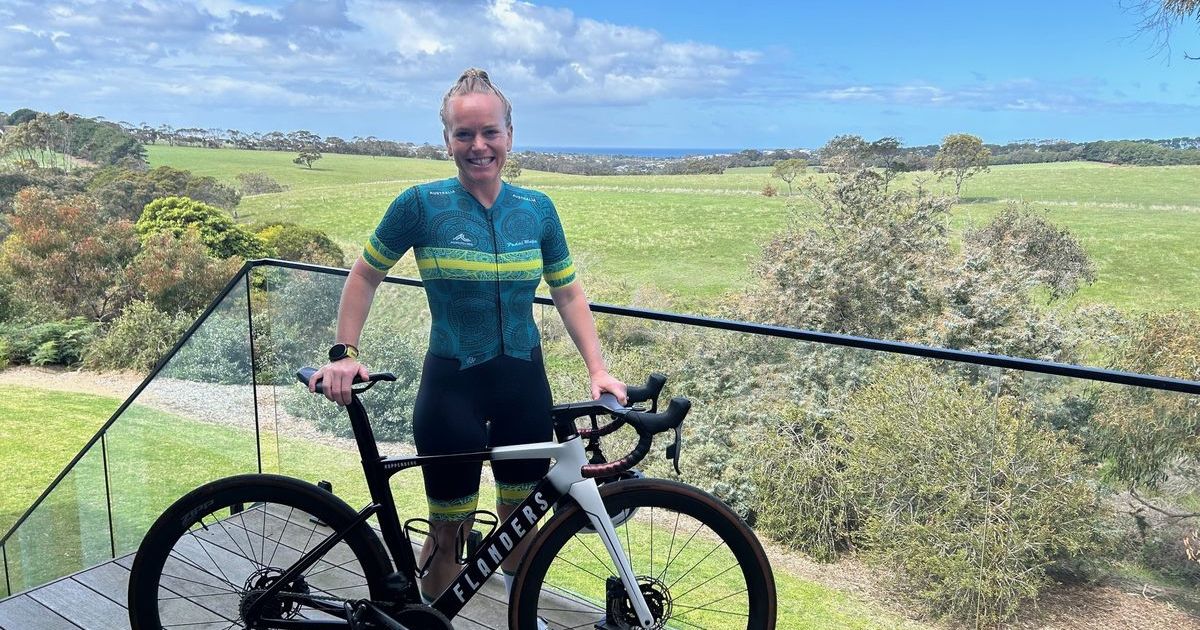Study celebrates 30 years of healthy ageing knowledge
A Geelong-based study looking at bone health in the broader population has racked up 30 years of data collection that is helping build a better understanding of how our bodies age.
The Geelong Osteoporosis Study (GOS), led by Deakin University, is one of only a few large population-based cohort studies in Australia documenting changes to the health and wellbeing of young, middle-aged and older women and men over the decades.
Initially designed to focus on osteoporosis and bone health more generally, the study has grown to include data related to the onset and progression of disorders including obesity, diabetes, cardiovascular disease, arthritis, sarcopenia, cognitive decline, and the links between physical and mental health.
Professor Julie Pasco from the Institute for Mental and Physical Health and Clinical Translation (IMPACT) said the continuous nature of the study was only possible thanks to the thousands of Geelong-based participants willing to undergo the testing required to capture the range of physical and mental health data.
“With an ageing population in Australia, it is really important we identify ways to promote practical ways to stay healthy and share that information with the community.
“Our data is used by scientists both here and internationally as the evidence base for national health campaigns as well as health modelling and further research.
“We couldn’t have achieved this without the commitment and enthusiasm of our participants, many who joined the study in their 20s and are now in their 50s.”
The study, which is also supported by Barwon Health, began recruiting women from Geelong and other communities in the Barwon region between 1993 and 1997.
By the end of the recruitment phase nearly 1500 women had enrolled, including 400 over the age of 70. Detailed baseline testing was followed up every two years for the first ten years, with further follow up testing at 15 and 25 years.
A new group of young women was recruited between 2006 and 2008 to replenish participants in the 20-to-30-year cohort.
About 800 women remain in the study, aged between 39 and 91 years.
Male recruitment began in 2001 with the initial 1,540 male participants now numbering about 650.
Professor Pasco said data collected throughout the life of the study had helped build a better understanding of how our minds and bodies age and the lifestyle factors that promote healthy ageing.
Data from the IMPACT study is now linked to the Australian Institute for Health and Welfare, the Victorian Cancer Registry, the Australian Joint Replacement Registry, Medicare and the PBS, and the Department of Health and Ageing among others.


















